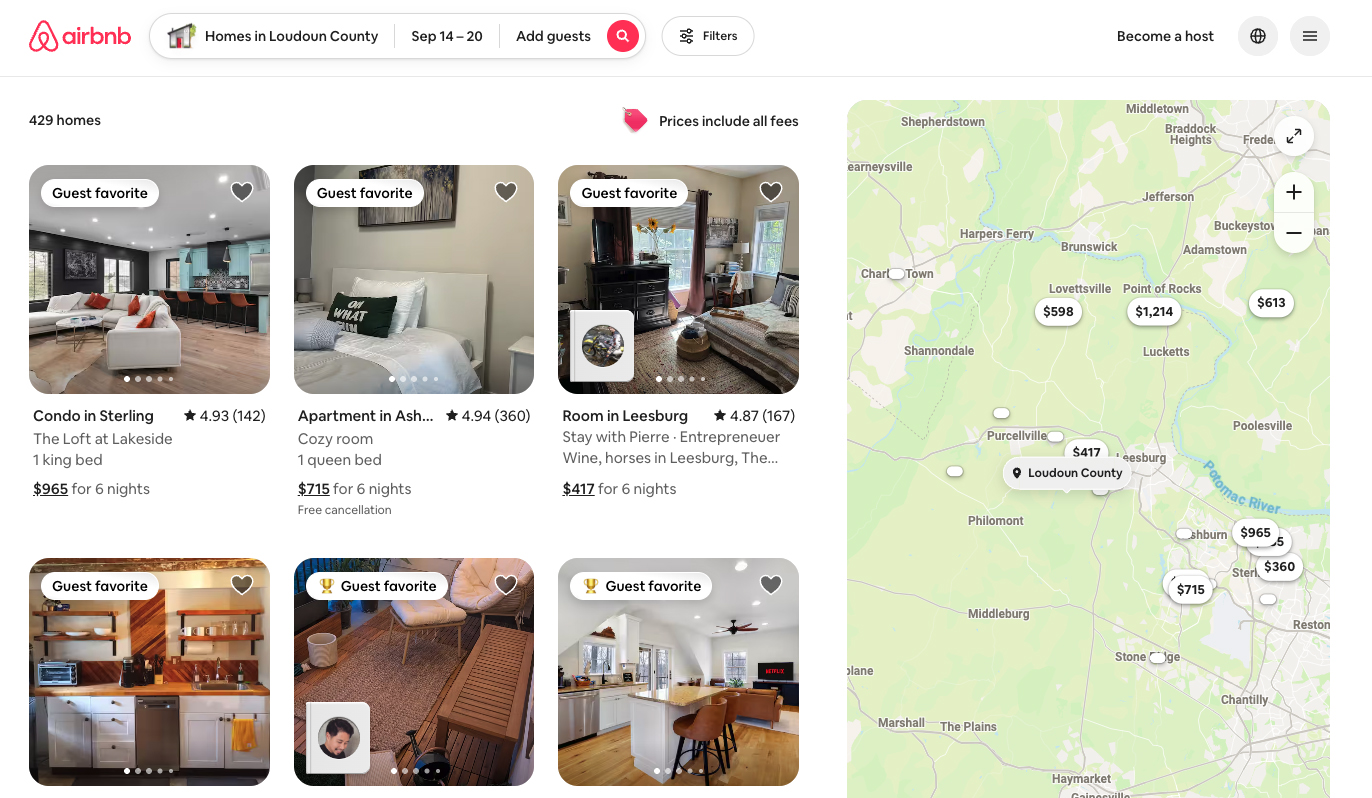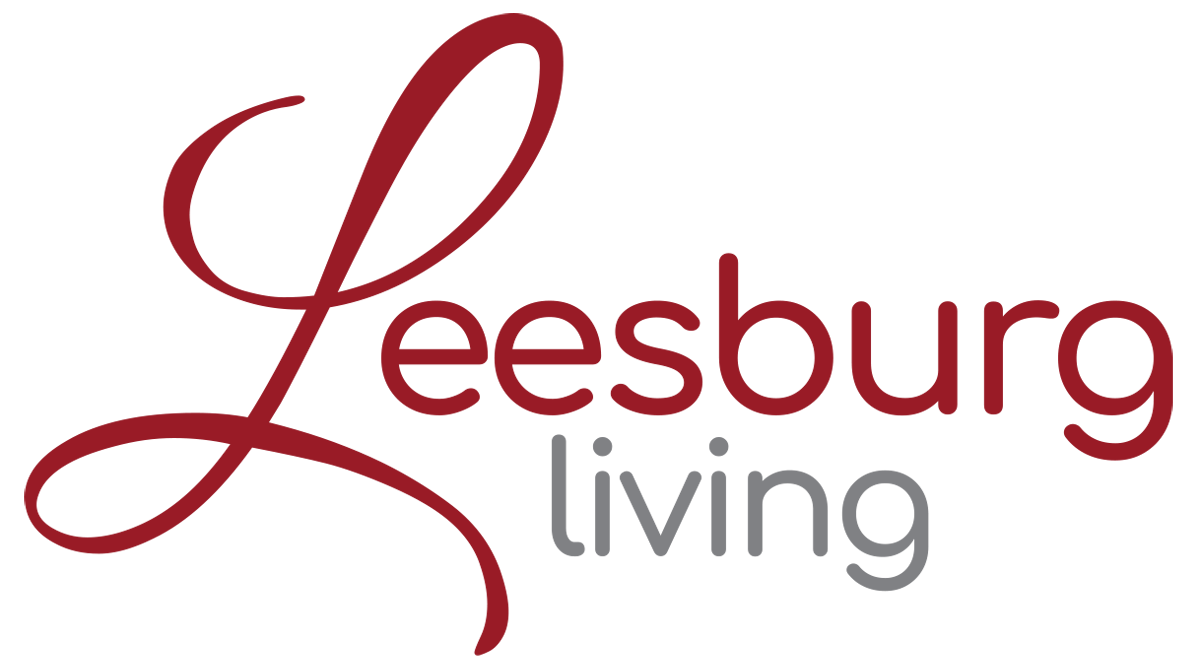 If you’re operating a short-term rental in Loudoun County—whether it’s a basement suite in Ashburn or a cottage in Hillsboro—the county is putting you on notice: you’re responsible for following local regulations, and enforcement is stepping up.
If you’re operating a short-term rental in Loudoun County—whether it’s a basement suite in Ashburn or a cottage in Hillsboro—the county is putting you on notice: you’re responsible for following local regulations, and enforcement is stepping up.
The Department of Building and Development is sending out letters this month to remind short-term rental (STR) hosts of their legal obligations. These rules aren’t new, but county staff say too many hosts are either unaware or choosing to ignore them.
“We want operators to be aware of the requirements and avoid penalties,” the county said in a release.
Here’s what you need to know:
 You Need a Zoning Permit
You Need a Zoning Permit
Every STR must have a zoning permit—no exceptions. The process varies depending on where your property is located. Most follow the current Loudoun Zoning Ordinance, but properties in older communities like Countryside fall under the 1972 zoning rules.
 You Must Register Annually
You Must Register Annually
Registration is free, but it’s mandatory. You must register your STR by July 1 each year. Fail to register and you could face a $500 fine per violation. Registration is separate from the zoning permit, and even some exempt properties still require a permit.
 You Have to Pay Business and Occupancy Taxes
You Have to Pay Business and Occupancy Taxes
Running an STR is a business—and that means taxes. Loudoun requires:
-
Business license registration with the Commissioner of the Revenue.
-
Reporting of equipment used in rental spaces (think furniture, appliances, etc.).
-
Monthly filing of the 8% transient occupancy tax—that’s on every booking you take.
This part trips up a lot of Airbnb and Vrbo hosts, especially those who list only a few nights a month. But the county doesn’t distinguish between full-time and part-time hosts when it comes to taxes.
 Other Rules May Apply
Other Rules May Apply
-
Serving food? You may need to register with the Health Department as a bed and breakfast.
-
Located in a town or HOA? Check their rules—county approval doesn’t override town ordinances or HOA restrictions.
Why This Matters
Loudoun’s growth has brought more STRs to both rural and suburban areas—from converted barns in Lovettsville to in-law suites in South Riding. But without oversight, these rentals can create friction with neighbors, skirt tax laws, and undermine zoning protections.
County staff say they’re not trying to shut down responsible hosts—but they do want a level playing field.
 More info and links to permits, tax forms, and registration:
More info and links to permits, tax forms, and registration:
Visit: loudoun.gov/ShortTermRentals



